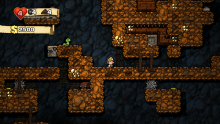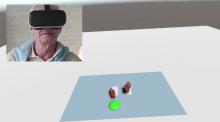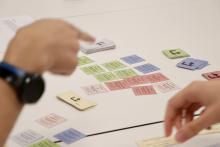How video games give players the opportunity to explore gender
This project aims to explore the research done on how video games give players the opportunity to explore gender, focusing on transgender and non-binary people’s experiences while giving baseline information on cisgender people. This prokect will explore the literature created within four categories: mental health, social, the avatar and the game world, and teaching and therapy tools. Mental health benefits help give the player critical thinking, as well as creating an escape to relieve stress and help with depression and anxiety.










